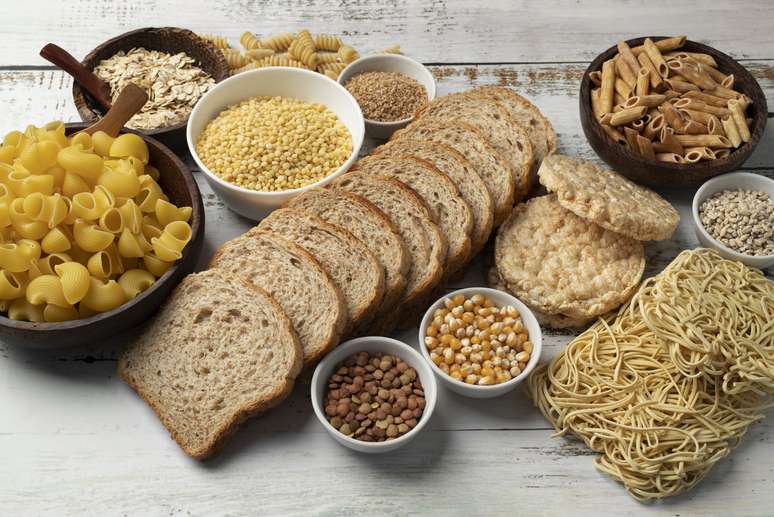Gluten is a type of protein found in cereal seeds such as wheat, barley, rye and some varieties of oat. In recent years, the search for a healthier diet has led many people to rethink their habits, either for food restrictions or simply for the desire for a balanced diet.
Gluten -free products have earned importance, driven by the popular belief that their elimination promotes benefits for health and aid in weight loss.
However, it is essential to clarify that gluten does not represent a risk for most people. Its function is to give elasticity and softness to masses and bread.
The restriction of gluten is essential for celiacs – people who suffer from serious intolerance to proteins and for individuals with sensitivity or allergy, who can experience digestive discomfort.
Nutritionist Janelle Smith Dell’Ukla in an interview with National Geographic magazine warns of the role of marketing in the construction of the bad reputation of Gluten. According to her, the food industry has promoted the idea that the absence of proteins is synonymous with health.
Scientific studies, like a 2019 cited by National Geographic, question the benefits of the gluten -free diet to reduce inflammation in diseases such as rheumatoid arthritis.
In addition, the belief that the gluten -free diet loses weight or improves health is a myth. The decision to eliminate gluten from food should be individual and oriented by a doctor, after evaluating possible adverse effects.
Gluten is not a villain for everyone. Restriction is necessary only for celiacs and people with sensitivity or allergy. For others, a balanced and varied diet, with or gluten without, is the key to health.
Source: Terra
Ben Stock is a lifestyle journalist and author at Gossipify. He writes about topics such as health, wellness, travel, food and home decor. He provides practical advice and inspiration to improve well-being, keeps readers up to date with latest lifestyle news and trends, known for his engaging writing style, in-depth analysis and unique perspectives.








